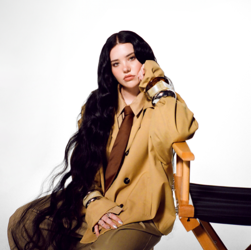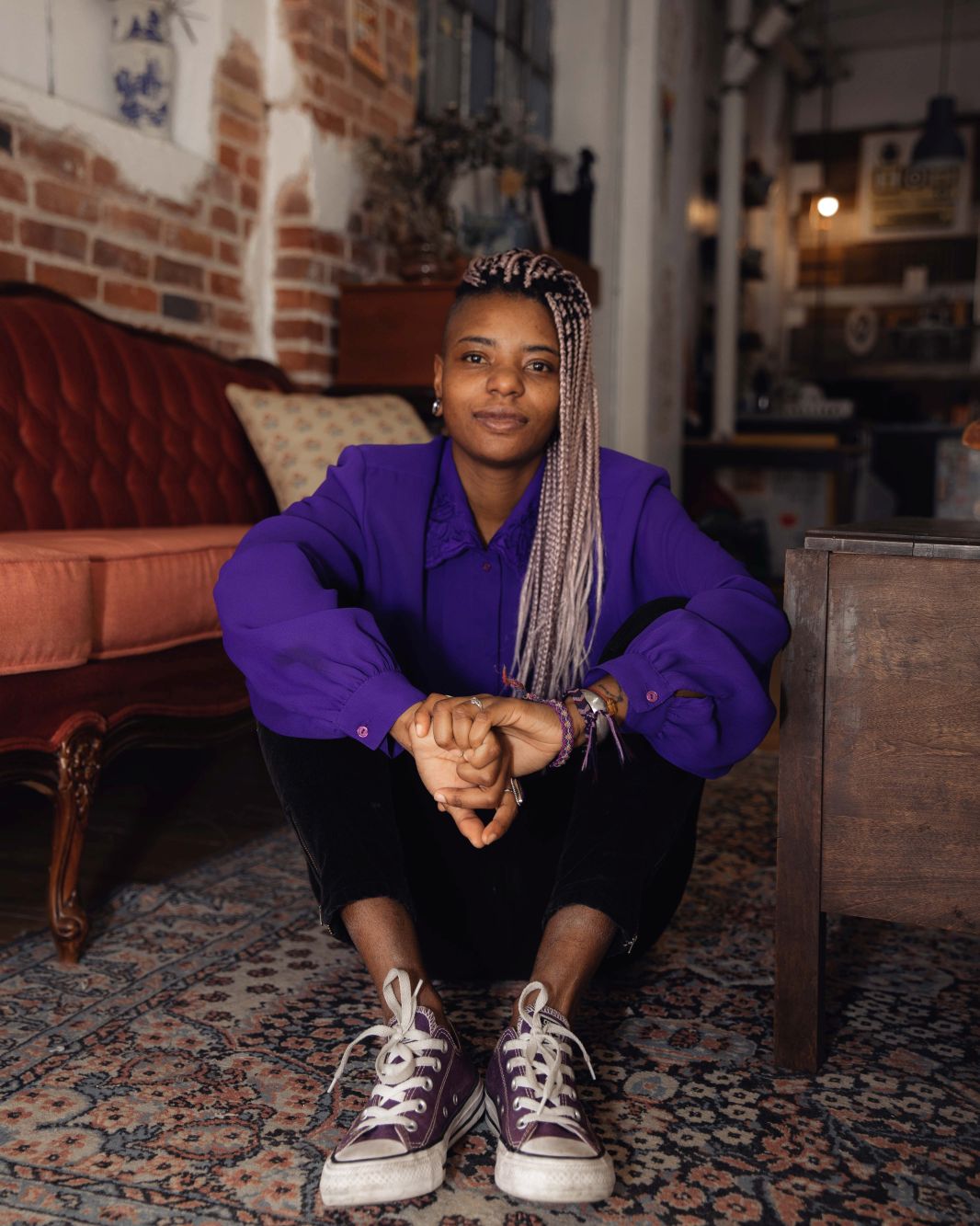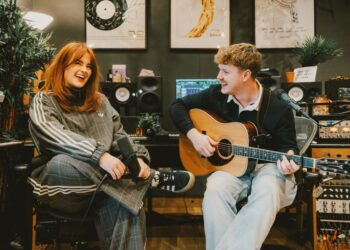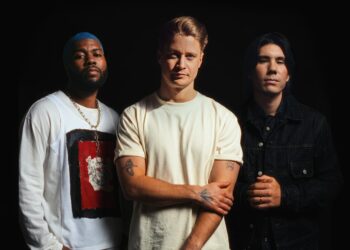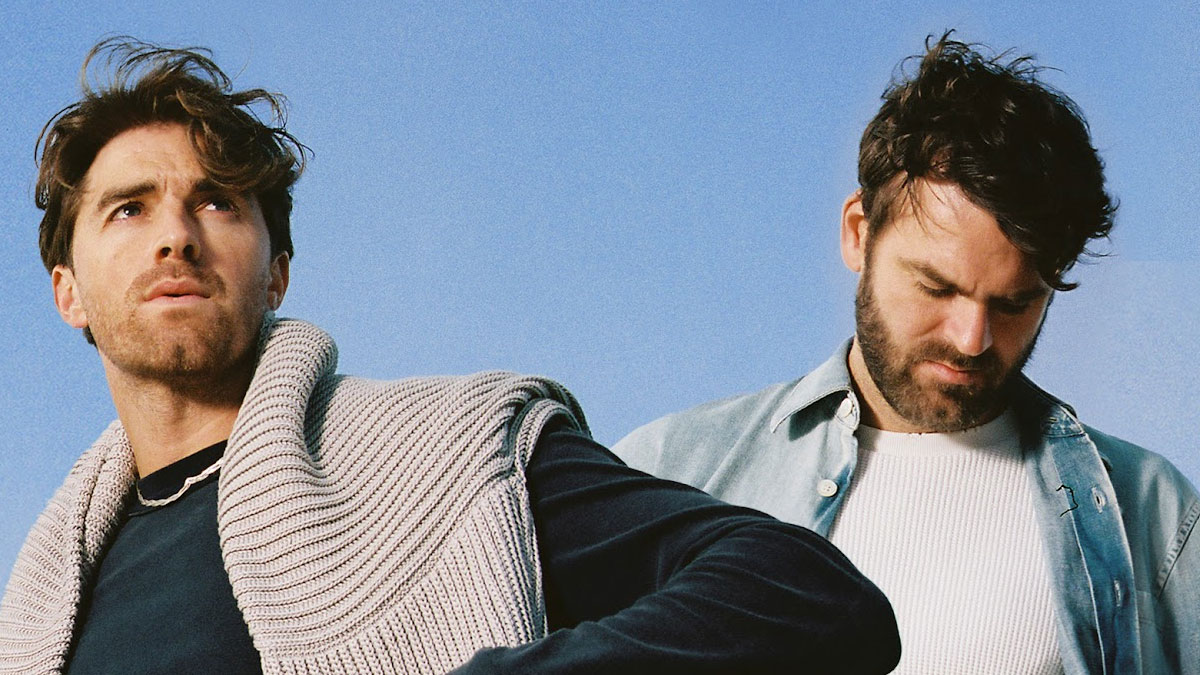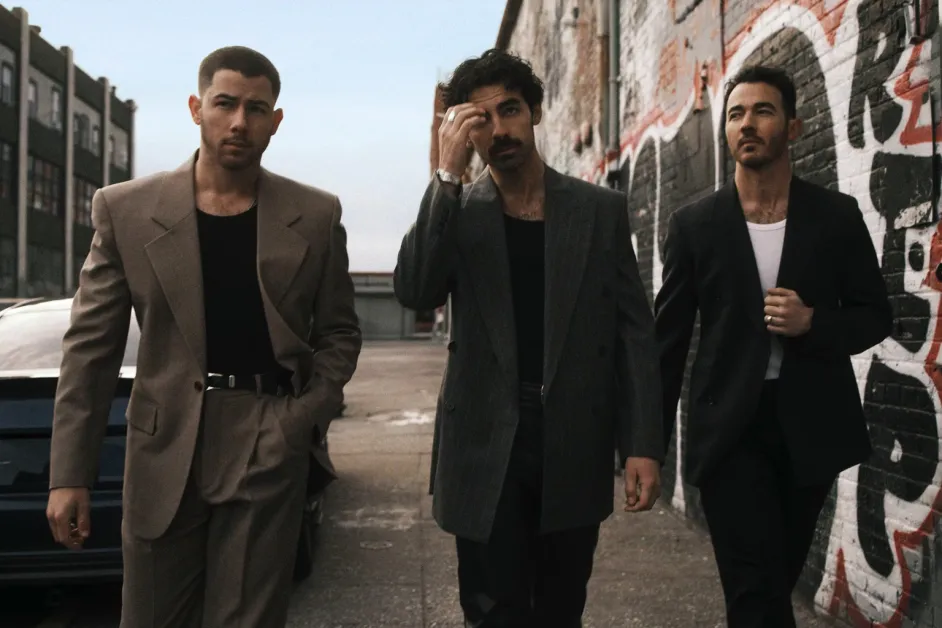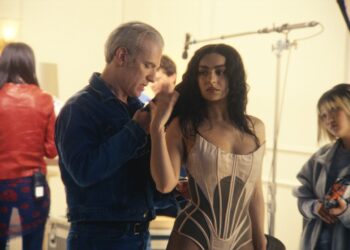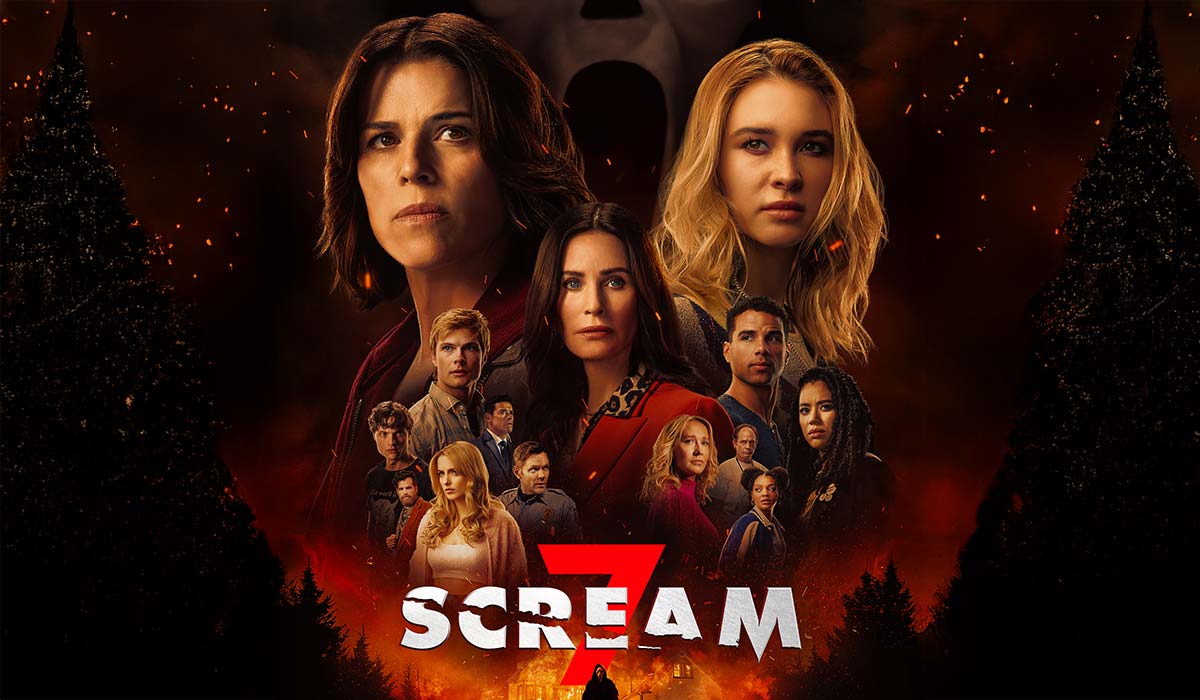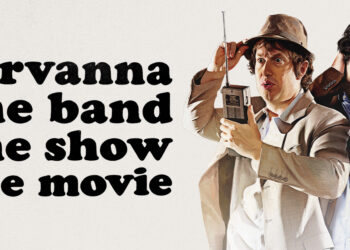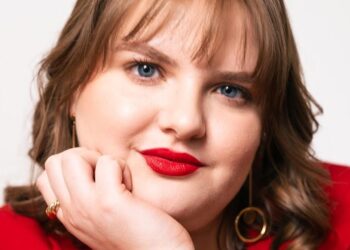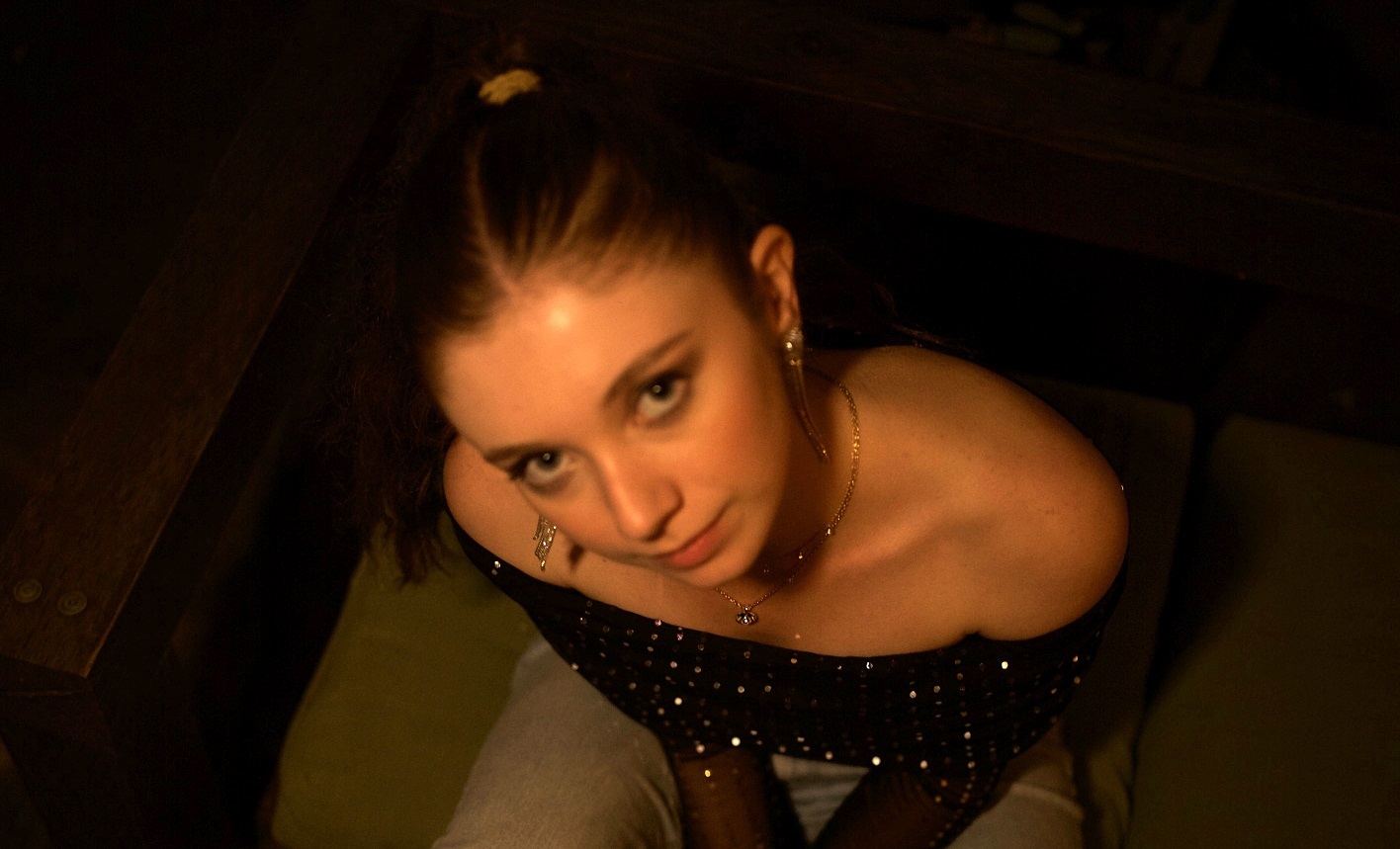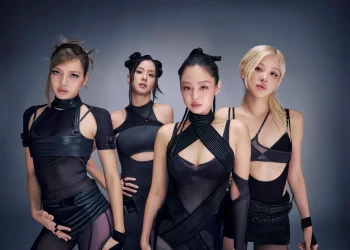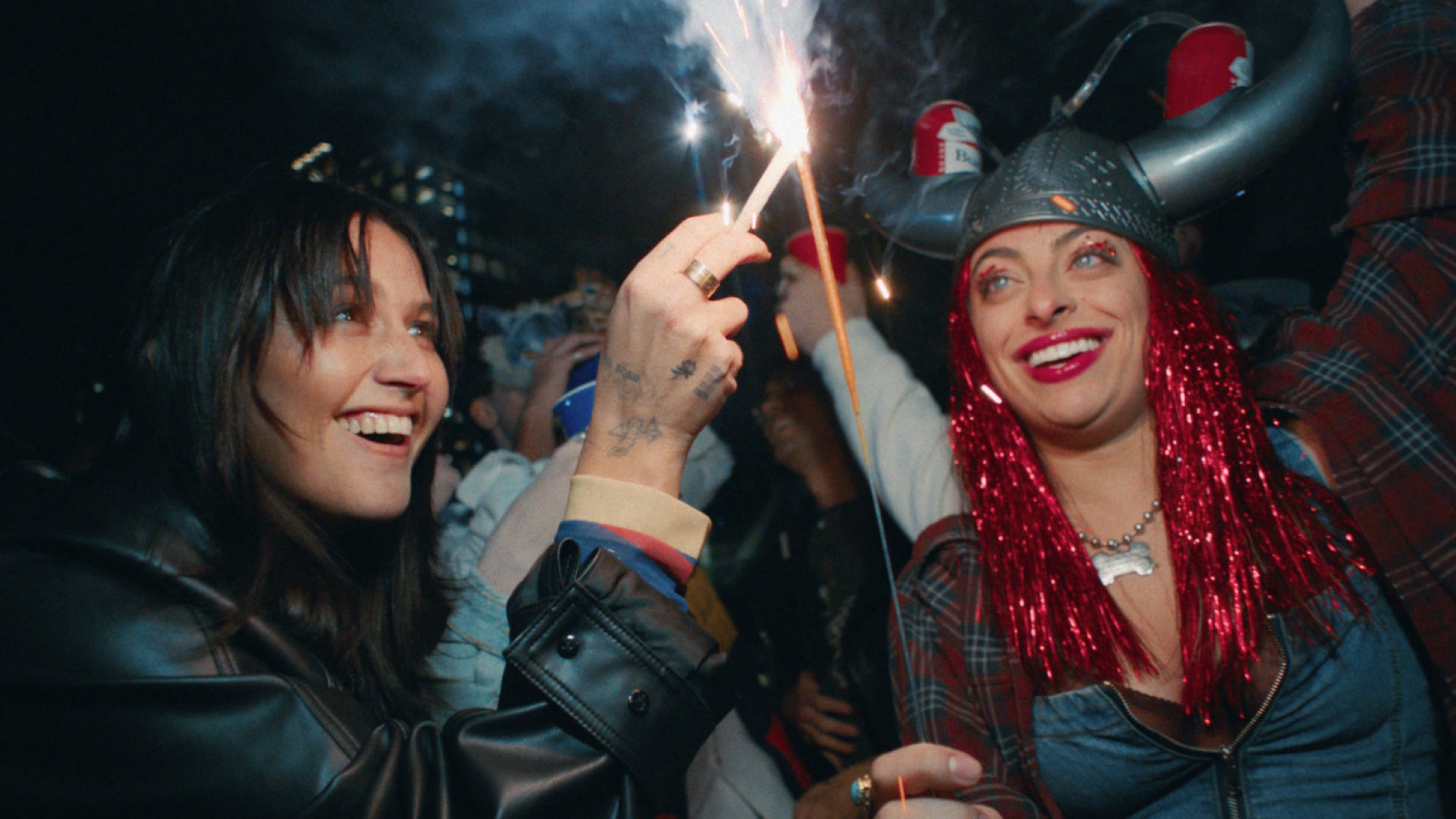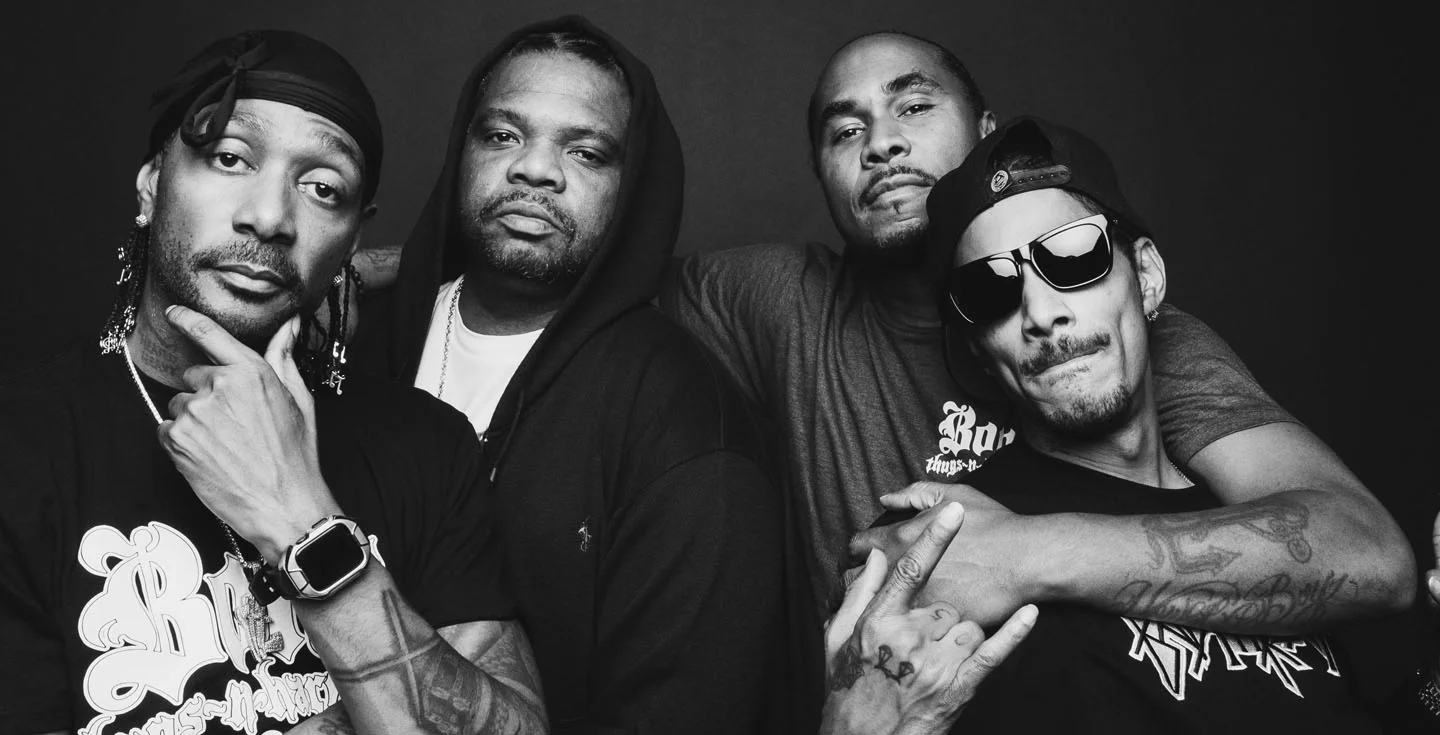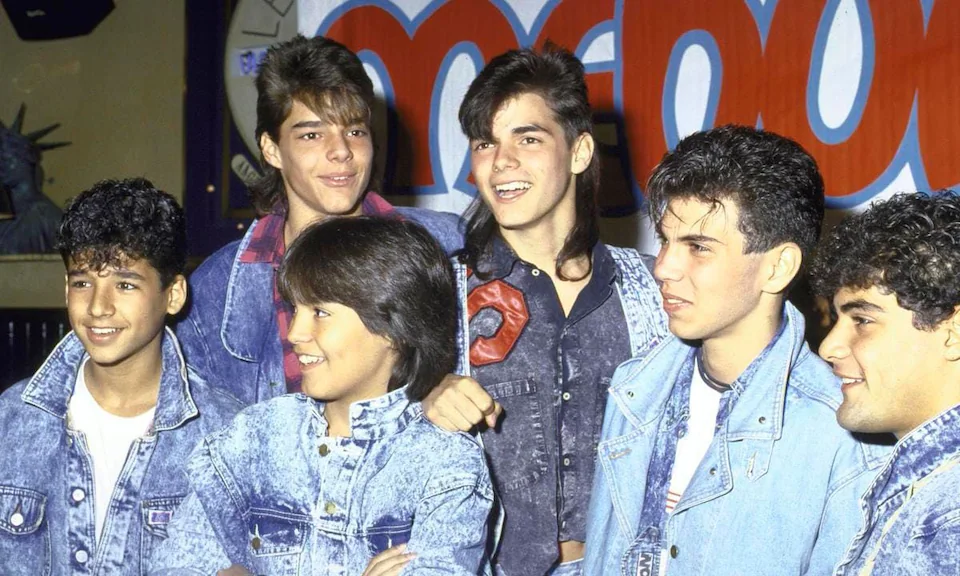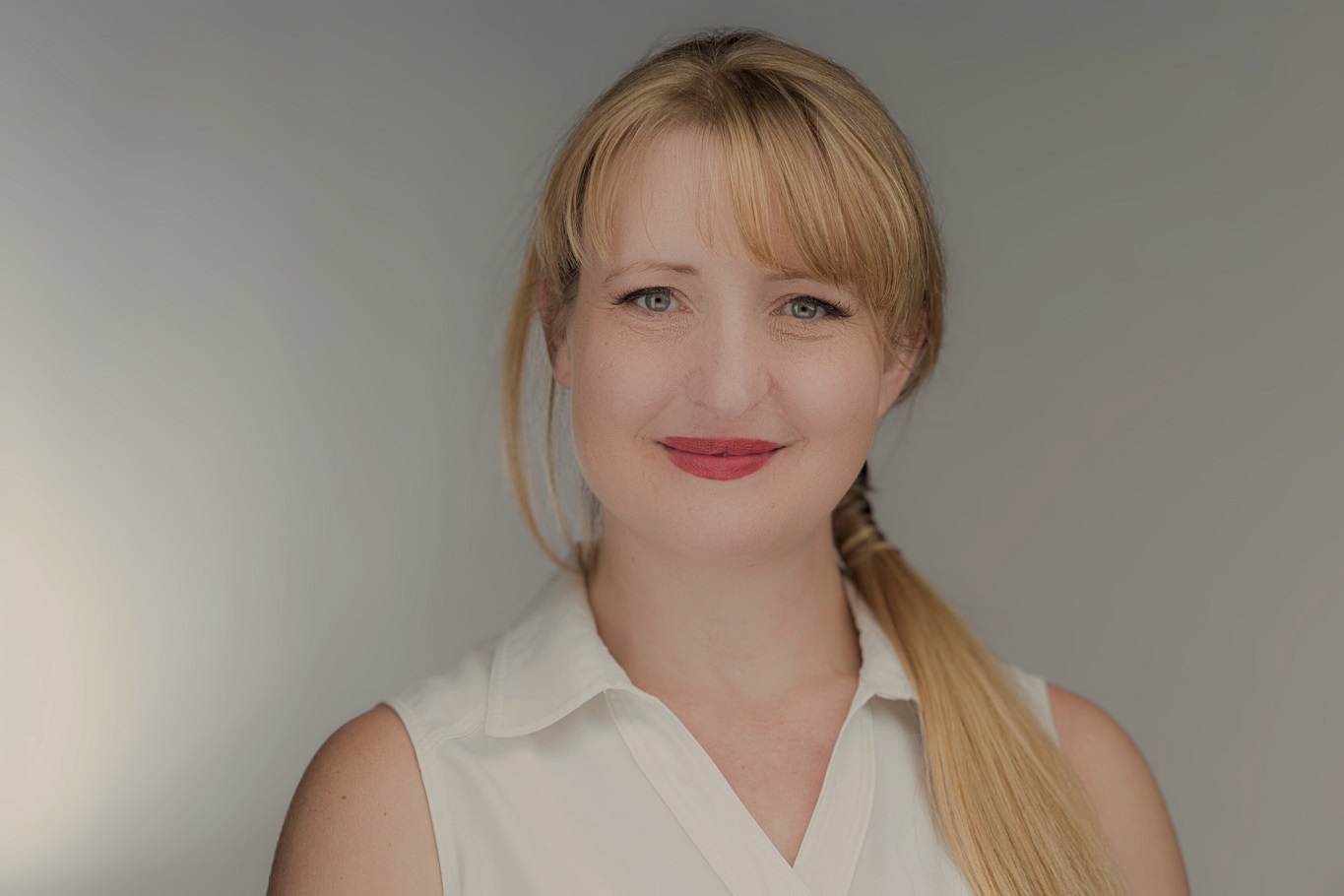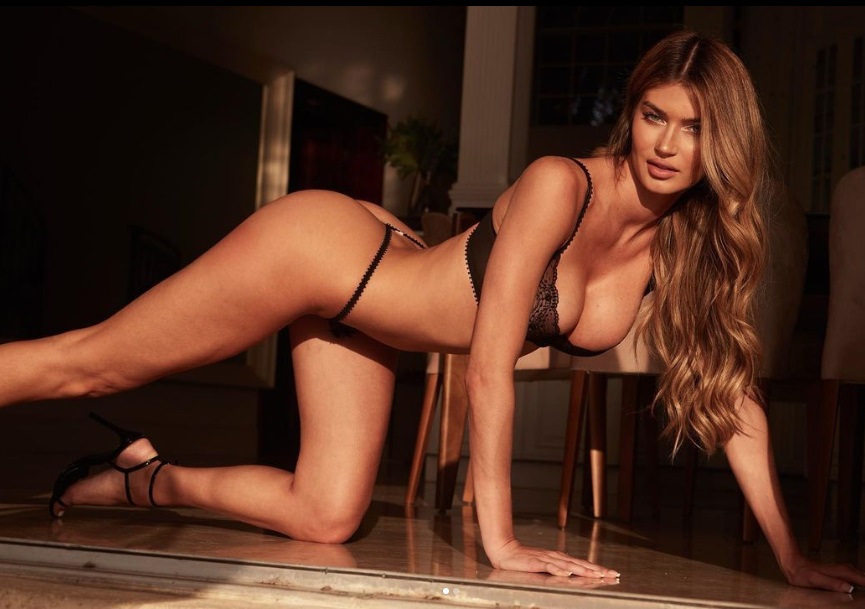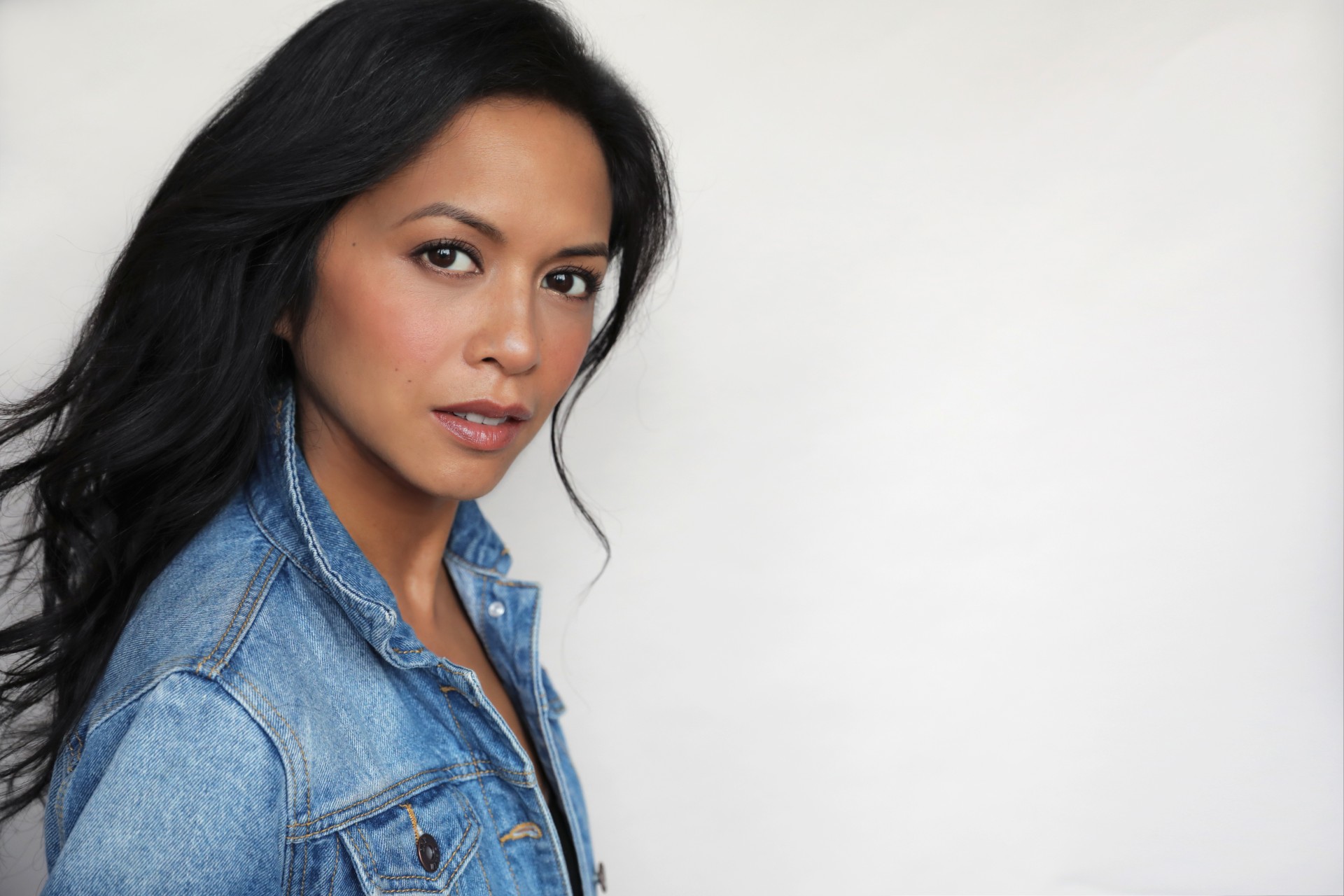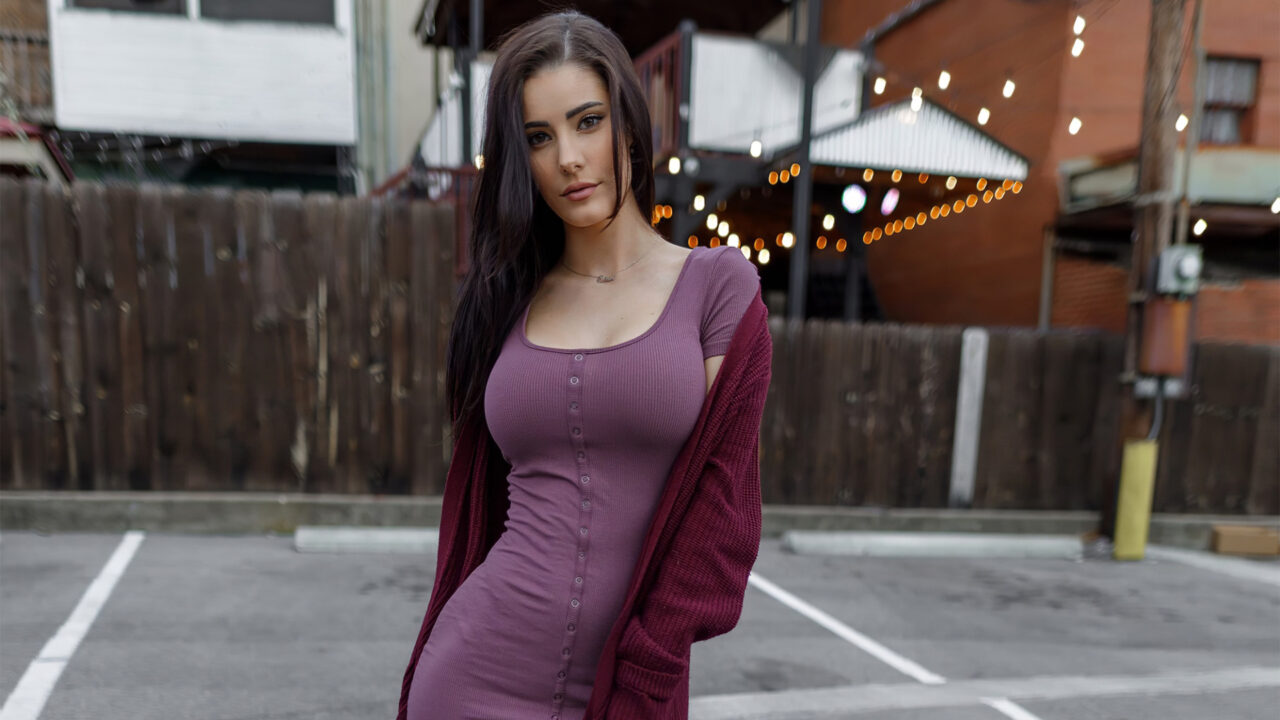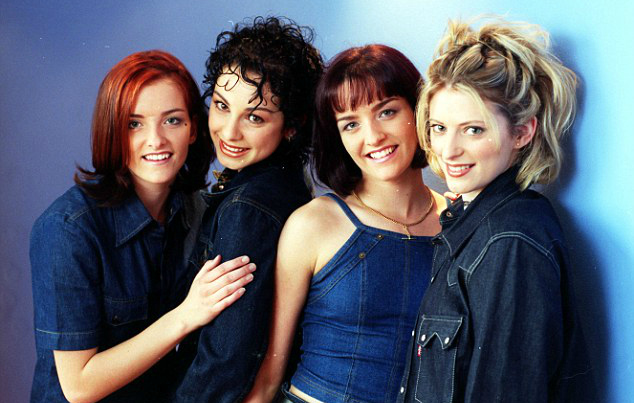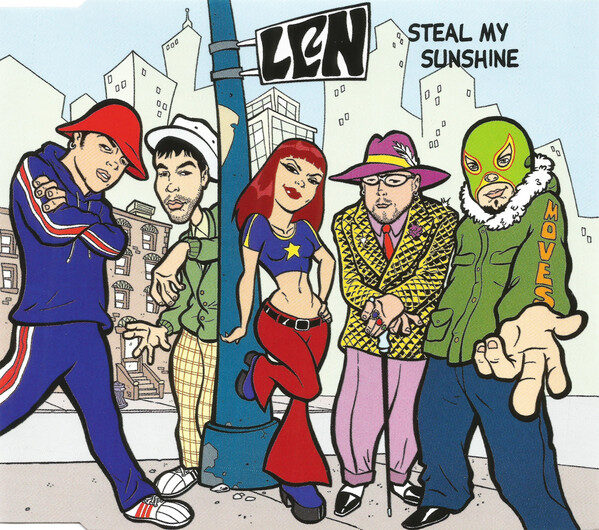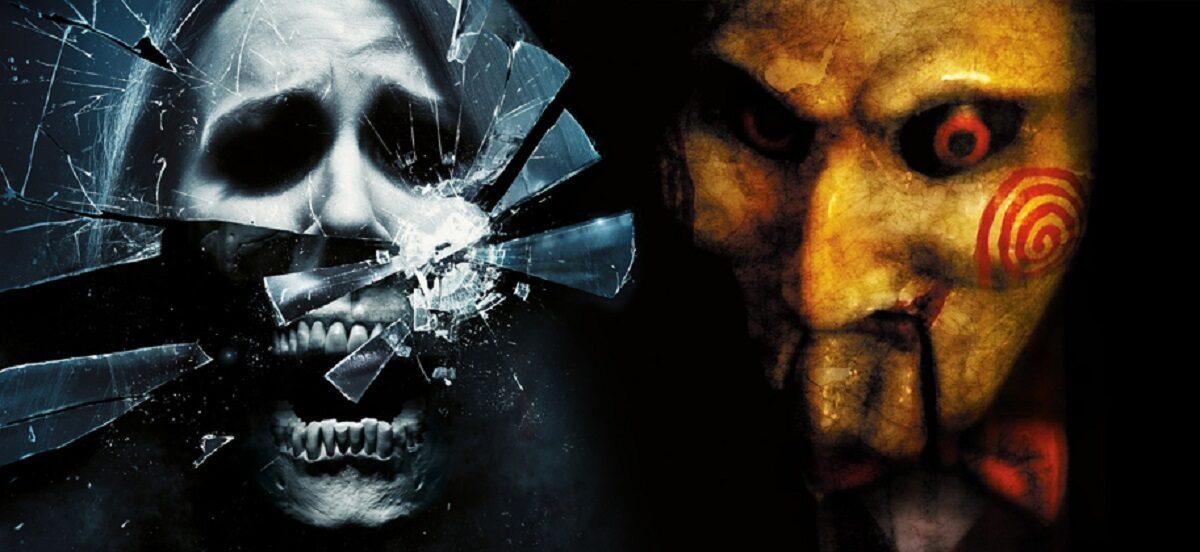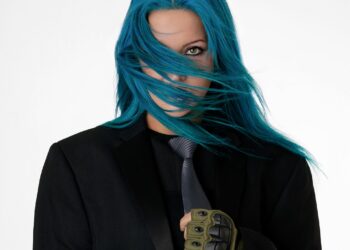Email:neill@outloudculture.com
Socials: @neillfrazer
Roe Moore is a dynamic comedy-focused director, producer, and script supervisor based in Los Angeles, CA. Born and raised in Aurora, Colorado, Roe’s passion for storytelling ignited early on, inspiring her to attend Second City Conservatory, where she honed her skills in improv and sketch comedy. She went on to perform stand-up at iconic venues like The Comedy Store, Laugh Factory, and Ice House. Influenced by the comedic styles of Edgar Wright and Adam McKay and inspired by films like Love Actually and Anchorman, Roe wanted to go beyond stand-up and bring her unique voice to the comedy landscape through writing and directing.
Her entertainment career began as an assistant director and script supervisor, mentored by veteran Mark Thomas, on high-profile projects, including HBO Max’s Fresh Prince of Bel Air Reunion, VH1’s RuPaul’s Drag Race, and Disney+’s Earth to Ned. Her script supervising credits also extend to shows like Lucha Underground and Andi Mack, as well as feature films such as Rust Creek and Madness in the Method.
Roe’s directorial prowess has garnered recognition at various film festivals, earning multiple nominations and awards for her comedic shorts. Among her notable works is How We Met, which received “Best Director” at the Women’s Festival—Nashville and “Best Writing” at the Glass Ceiling Breakers Film Festival. Additionally, her project We Were Young won “Best Short” at the Black Magic Collective Film Festival, and Drive to Airport raked in multiple awards, including “Best Comedy Short Film” at the Show Low Film Festival.
Her 2024 project Undercover Wrestler showcases a vigilante wrestler dishing out WWE-style justice over stolen crinkle-cut fries. It was nominated at multiple festivals, including the Pasadena International Film Festival and the Austin After Dark Film Festival.
Beyond her creative work, Roe is deeply committed to advocacy within the industry. She is an active participant in the Black Magic Collective’s Future Women of TV, the Alliance of Women Directors, and Women In Media. In 2023, she participated in the Centerframe U.K.’s Get It Made Program and served as a mentor for the Producers Guild of America’s Diversity and Inclusion initiative.
Looking ahead, Roe’s career goals include directing her first feature film or independent pilot and establishing PiePie Productions as a staple in the comedy genre. Her upcoming projects include Uncle and Walkies (both in pre-production) and Hardly Easlie and Death By Chocolate (both currently in development).
With a passionate commitment to storytelling that resonates with audiences everywhere, she is poised to make a lasting impact in the industry. Roe balances her professional pursuits with a vibrant personal life. An avid half-marathon runner and passionate baker, she enjoys spending her free time with her dachshund, Happy, and her corgi, Seager.
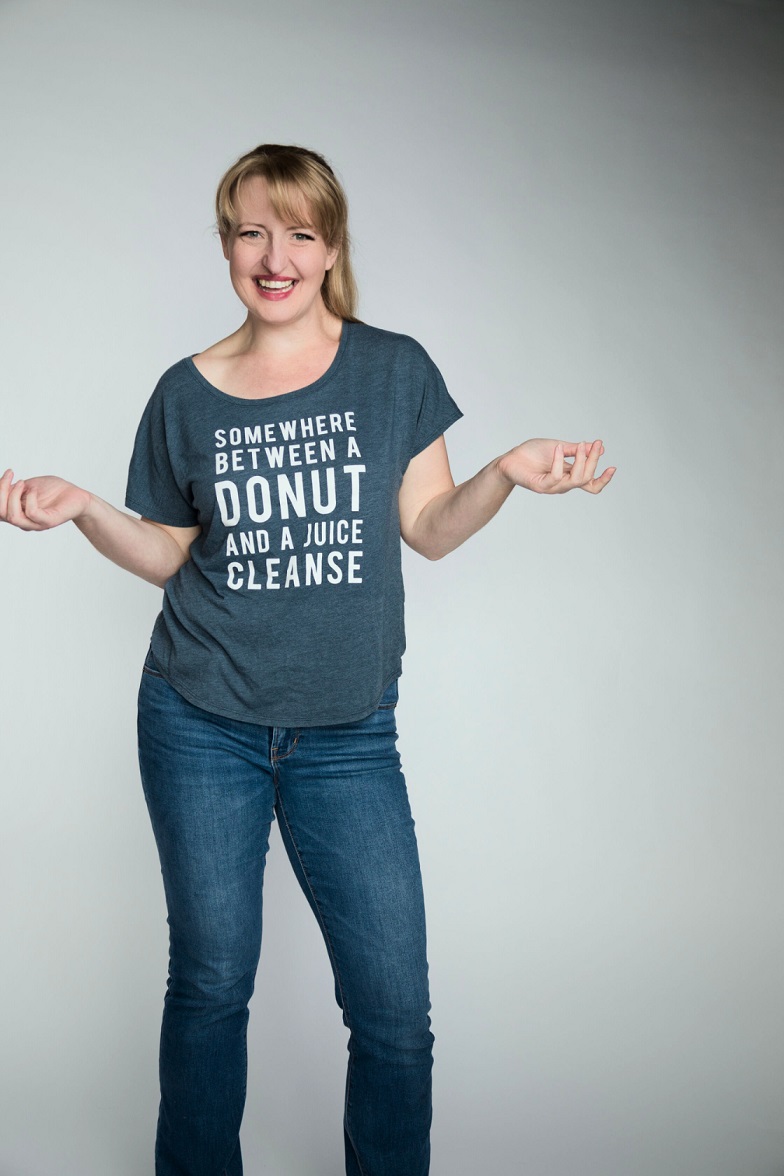
“We Were Young” premiered at the Blackmagic Collective’s Film Festival. Can you share the inspiration behind this film and what you hope audiences will take away from it?
The inspiration for We Were Young came from a coffee meeting with my friend and the film’s writer/actress, Johny Walsh. We were talking about the universal feelings of nostalgia and the bittersweet nature of young lost love; especially the kind that stays with you long after it’s over and the guy shows up years later acting like nothing had changed. As we talked more about the idea, we realized that there weren’t many stories that captured the struggle of saying, “Enough,” and walking away from something that doesn’t serve you anymore. I challenged Johny to write it, promising to produce and direct, and luckily, we both followed through!
By doing this film, I stepped out of my comedy genre into drama. It was a challenge that was unexpectedly rewarding and came with a learning curve. This shift forced me to rethink how I approach storytelling. I had to rely less on comedic timing and more on subtleties like tone and performance to evoke emotion.
With this film, we hope audiences reflect on their own experiences with love and loss, and ultimately find empowerment in letting go of relationships that weren’t right for them.
As a comedy-focused director, how do you approach balancing humor with storytelling? Are there certain themes or messages you aim to convey through comedy?
I like to think of humor as a way to uncover truth. Whether it’s something unfamiliar or so familiar we avoid it, comedy breaks down walls and offers fresh perspectives. As a comedy director, I ground humor in relatable experiences, allowing audiences to engage with heavier topics in a way that feels accessible.
My work often explores the messiness of relationships—how we connect, what happens when those connections are tested, and the chaos that follows when they’re lost. Relationships are a goldmine for humor because they’re so universal and often ridiculous.
For example, my short Breakfast Salad uses a mockumentary style to explore everyday quirks, blending scripted and improvised moments to create a playful intimacy with the audience. Meanwhile, We Were Young balances humor with emotional weight through subtle performances and grounded storytelling, tackling themes of love and loss without overwhelming the viewer.
Across all my projects, I aim to explore the absurdity and beauty of relationships, using humor to help people laugh, reflect, and see a little of themselves in the stories.
Your career began as an assistant director and script supervisor on high-profile projects like RuPaul’s Drag Race and Earth to Ned. How did these experiences shape your directing style and approach to production?
So much. Working on high-profile productions shaped who I am as a director in countless ways. It strengthened my mental resilience and taught me how to be a positive, steady leader under pressure. I had the opportunity to watch some of the best in the business at work, learning not just from their successes but also from their mistakes, which helped me understand how to better prepare for any project.
I also learned how to manage all kinds of teams, adapt quickly when things didn’t go as planned, and keep everything running smoothly without disrupting the creativity of the actors or crew. It gave me a real appreciation for collaboration and showed me how much magic can happen when you allow room for spontaneity. Those lessons have been invaluable and continue to shape how I approach every project I direct.
You’ve cited Edgar Wright and Adam McKay as influences. What aspects of their work do you try to incorporate into your own films, and how do you bring your unique perspective to the comedy genre?
I admire Edgar Wright’s visual wit; which is something I’m studying very closely. Adam McKay’s ability to punctuate the comedic moments into memorable culture is something I admire. For both of these influences, I want to emulate how they point out the oddities of life. I was able to hit more of Adam McKay’s intent in my short film Breakfast Salad by highlighting the character’s neurotic beliefs about not having breakfast for salad and the chaos that ensues when personalities clash.
Your short film “How We Met” won Best Director and Best Writing awards. What was the journey like from concept to screen, and what did you learn from creating that film?
How We Met started as part of the Gold Comedy Digital Teams, a platform for women and gender-nonconforming people to collaborate and strengthen their comedy skills. Within my team, Leigh Ceistro pitched the idea, and together we brought it to life through collaboration.
In a lot of ways, this felt like beginner’s luck, but it also taught me so much. I learned how important it is to be prepared when working with a cinematographer—using references to figure out the visual style—and how to work with actors to bring out those perfect comedic moments. One of the biggest lessons was realizing just how much audiences connect with specificity. The little details made such a big difference in how the story resonated.
Through PIEPIE Productions, you’re building a brand around comedy. What are some of your long-term goals for the company, and how do you see it contributing to the comedy landscape?
My long-term plan with PiePie Productions is to build a hub where comedy thrives, feels fresh, inclusive, and unafraid to tackle deeper themes in unexpected ways. While we’ve been focusing on short form content to establish our brand and quality, the next steps include feature films and television series. That’s where we can truly craft content to a broader audience.
Comedy can be a very collaborative genre. How do you work with actors and crew to create an environment that encourages improvisation and comedic timing?
Creating a lighthearted environment where failure is not only accepted but embraced is essential. When actors and crew feel safe to take risks, that’s when the best work happens. I like to start by letting the actors explore the scene on their own, finding their own beats and emotions. From there, it becomes a collaboration to dig deeper and uncover as much gold as we can. Even once the cameras are rolling, there’s so much potential in happy accidents and unplanned moments. I’ve learned to bring a mindset that everyone is looking to do their best work, so it’s not my place to judge their work. It’s a matter of what works the best for the situation.
Your project “Undercover Wrestler” has a unique premise about a vigilante wrestler. How did you come up with this idea, and what was the biggest challenge in bringing it to life?
Giving credit where credit’s due: Joseph Dailey (writer/actor) came up with the idea during a sketch writing class he was attending. It pays homage to his and his dad’s experience watching WWE growing up. I fell in love with it because of my own adoration for the wild concept and the delight in executing a stunt-filled film. Working with my friend and stunt coordinator Anne Westcott pushed me to think visually about how stunts could serve the story and the comedy. For example, we choreographed one stunt to exaggerate the ridiculousness of the wrestler’s persona while keeping it grounded in the character’s journey.

As a member of organizations like the Alliance of Women Directors and Women in Media, you’re involved in advocating for diversity in the industry. How do you see your role in driving change, and why is this work important to you?
The industry has needed change for a long time, and we’re finally seeing progress with more diverse voices both on screen and behind the camera. This shift has sparked a boom in fresh perspectives and new stories, which is something I actively prioritize in my own productions.
For me, diversity isn’t just about representation in terms of background, it’s also about bringing together a variety of experiences. I feel a strong responsibility to embody the change I want to see in the industry. Whether I’m hiring crew or casting, I’m always focused on creating an environment where different voices can thrive and share their unique perspectives. It’s refreshing to see a crew of diverse backgrounds work together to bring a story forward.
This work is personal to me because I know I wouldn’t be where I am today if others before me hadn’t paved the way. It’s my responsibility not just to keep that path open but to widen it for others who are coming up next.
Can you tell us about some upcoming projects, like “Uncle” and “Walkies,” and how they continue your focus on comedy and storytelling?
Both of these projects have their own unique sense of humor and push me creatively because they lean into my second favorite type of comedy: British humour! I grew up watching shows like Are You Being Served? and Mr. Bean, so being partnered with the writers of these projects through the UK-based filmmaking community Centerframe’s Get It Made initiative feels like coming full circle.
Uncle is particularly timely, as it explores a lesbian couple navigating their teenage son’s discovery of his sperm donor through a series of comedic events. It’s a fast-paced, dialogue-heavy comedy inspired by the wit and rhythm of Amy Sherman-Palladino’s work. The story is full of heart and humor, and I’m excited to bring its vibrant characters to life.
Walkies takes a different approach: taking humor and charm to explore mental health in a way that focuses on how we manage and live with our challenges rather than the illusion of “healing” from them. From my own experience with depression and anxiety, I know these struggles don’t simply go away. We learn to adapt, find coping mechanisms, and rely on support. This film takes a lighthearted approach to these often-stigmatized topics, offering the audience a chance to see themselves and their resilience in a more positive light. The story also features a robotic emotional support animal, and we’ve partnered with TomBot to showcase how these devices can be a wonderful alternative for people who can’t have a live pet due to allergies or other limitations. It’s a unique and uplifting element of the story that emphasizes finding solutions to mental health challenges in unexpected ways.
Both Uncle and Walkies reflect my passion for using comedy to explore deeper themes, offering levity while fostering emotional connection. These projects are a testament to the power of humor in bringing us closer to the heart of a story and helping us see ourselves in new and hopeful ways.
What advice would you give to women and other underrepresented groups who want to break into directing or comedy?
Stop waiting for permission. There’s never a “right” time to start, so why not now? If I hadn’t charged ahead, balls-to-the-wall style, with the films I’ve done so far I wouldn’t have gained the skills, experience, and growth I have today. I’m still learning with every project.
Once you’ve started, focus on dominating where you are, whether that’s making short films, creating social media content, or taking on your own creative challenges. Don’t let fear of what others might think hold you back, and tune out the naysayers. Your job in the early days is to discover who you are as an artist, what makes you laugh, and how you want to tell your stories. The only way to do that is to start creating and keep pushing forward.
Outside of filmmaking, you’re an avid runner and baker. How do these hobbies influence or balance your creative life, and do they ever inspire your work in unexpected ways?
I discovered running later in life, and it’s been a lifesaver. It helps me clear my mind and stay focused, but it’s also taught me important lessons about self-discipline and taking things one step, or one mile, at a time. Those skills have carried over into my creative work, helping me tackle big projects without feeling overwhelmed and feeling confident. Baking, on the other hand, is pure joy for me. What I love most about it is being able to offer something that brings a smile and a little celebration to someone’s day. Both running and baking remind me to value the process, not just the outcome which is very important in filmmaking. Whether it’s tackling a complex scene or working with an actor to hone a nuanced performance, I try to approach it with the same steady patience and focus these hobbies have taught me.
Roe’s Socials
Website: www.RoeMoore.com
Instagram: www.instagram.com/roe_mo
Linkedin: www.linkedin.com/in/roemoore
Twitter: www.twitter.com/roe_Moore
Other: www.PiePieProductions.net
